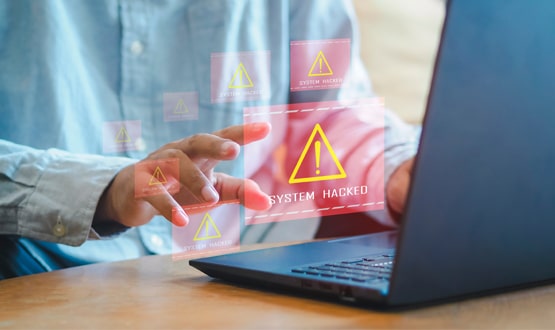London SCR roll out complete in a year
- 9 February 2010
 The summary care record roll out
The summary care record roll out
NHS London is aiming to create Summary Care Records for 100% of the people living in the capital that want one by March 2011.
This week, the strategic health authority kicked off its ambitious roll-out strategy by launching its Public Information Programme for 1.5m Londoners in five primary care trusts.
NHS London told EHI Primary Care that Public Information Programmes (PIPs) for the rest of the capital’s residents will be launched shortly, with the aim of ensuring that all patients in London will have received information about the SCR by mid-April.
Londonwide Local Medical Committees told GPs this week that the letter will tell patients to ‘inform their GP’ in they wish to opt out.
The LMC said it continued to raise concerns with the London Programme for IT about the impact of the patient letter on practices and “any potential activity around FP69s [patients for whom the letter is returned as not known].”
NHS London is one of five SHAs that have been given money by the Department of Health to run PIPs, on the proviso that the money must be used by the end of March.
The SHAs, covering half of England, want to see SCRs created for most of their residents in the next 12 months.
NHS East of England is aiming for universal roll-out of the SCR by the end of 2010 and EHI Primary Care understands that NHS Yorkshire and Humber wants to see SCRs created for 70% of its patients by the end of March next year.
Tony Megaw, assistant chief information officer for NHS Yorkshire and Humber, said all 14 PCTs have taken advantage of DH central funding to run PIPs by April.
He added: "NHS Yorkshire and the Humber are very supportive of the Summary Care Record Programme and are keen to accelerate SCR deployments to achieve early realisation of patient benefits with a particular focus on supporting urgent care services and end of life care."
In a letter to PCT chief executives and IT directors in December, Kevin Jarrold, chief information officer for NHS London, said that without DH funding the cost to London of running PIPs would be £7m.
He said the SHA had secured funding for a London-wide PIP programme on the basis that the PIPs were completed by the end of March 2010 and all record uploaded onto the system by March 2011.
He added: “As well as increasing the pace of activity in the capital this would also enable the NHS in London to make some significant savings.”
Jarrold said the SHA had decided to rollout the PIPs across London in three waves. The first wave will target patients in the Outer North East London and South East London sectors.
These will be followed by Inner North East London and North Central London and finally North West London and South West London.
Jarrold said there would be one standard patient letter for patients in London which could be tailored by PCTs and signed by each PCT chief executive officer.
The five PCTs which have sent out letters to patients this week are NHS Bexley, Bromley, Greenwich, Southwark and Waltham Forest.
Dr Phil Koczan, a GP and clinical lead for the London Programme for IT, said that in his experience unconnected care caused “untold and unnecessary angst at often very difficult times for my patients”.
He added: “The summary care record provides easy access to patient information. It improves patient safety, avoids duplication of tests and improves access to essential patient data during episodes of urgent or unscheduled care.
"For many patients, making this information available is common sense and they are surprised it doesn’t happen already.”




